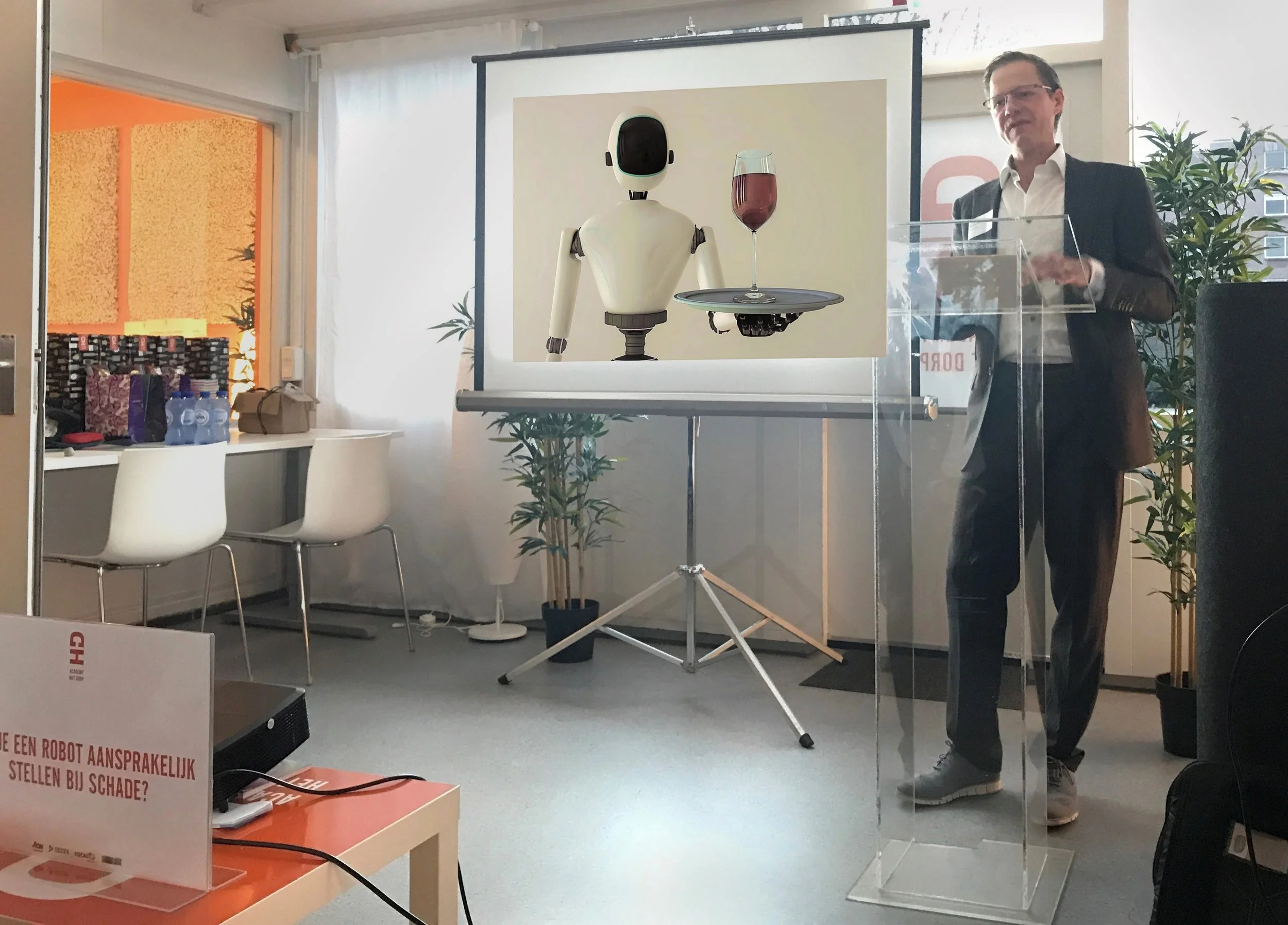The rise of artificial intelligence (AI) in the music industry is sparking a revolution, profoundly changing how music is created. This development raises complex legal questions concerning AI and copyright, including related rights. How can we protect the creative rights of artists and composers while simultaneously allowing room for technological innovation? In this comprehensive yet accessible legal overview, we explore key issues regarding AI and music. These include whether AI can legally train on copyrighted materials without consent, TDM exceptions, how various rights organizations (such as Buma/Stemra and Sena) approach AI, the status of AI-generated musical works, the threshold of human creativity required, protection against AI voice cloning via privacy laws and moral rights, contractual implications, new obligations under the EU AI Act, differences between European and American law, and ongoing lawsuits. This article is tailored for artists, composers, music publishers, labels, voice actors, producers, and AI companies seeking clarity on their legal standing.
AI Training on Protected Music and Video Materials: Legal Framework and Debate
Can an AI model in the Netherlands and the EU train on copyrighted material (such as music or video) without permission from the rights holders? Generally, using protected material beyond private use or citation requires permission. Scraping or using data for AI training without permission is typically considered infringement unless a specific legal exception applies.
Buma/Stemra’s Opt-Out Policy
In the Netherlands, Buma/Stemra explicitly uses its opt-out rights, requiring prior consent for TDM on its repertoire, thus ensuring fair compensation for composers and lyricists.
EU AI Act: Transparency Obligations and System Monitoring
The EU AI Act, effective from August 2025, introduces important transparency requirements, obliging generative AI model developers to:
Disclose training data used, including copyrighted music or texts.
Maintain policies ensuring compliance with EU copyright law.
Respect explicit opt-out signals from rights holders during training.
The Act doesn't prohibit using protected material for training outright but enforces transparency and compliance through oversight and penalties.
Composition, Lyrics, and Master Recordings: Different Rights Regimes
Music rights in the Netherlands broadly split into:
A. Copyright: Protects compositions and lyrics, managed by organizations like Buma/Stemra.
B. Neighboring Rights: Protect recordings and performances, managed by Sena.
AI-Generated Compositions and Lyrics: Completely AI-generated works often fail to meet traditional copyright criteria, as human creativity is essential.
Neighboring Rights: It remains uncertain whether AI-generated performances and recordings attract neighboring rights, as these typically rely on human involvement.
Copyright Status of AI-Generated Music
In the U.S., fully AI-generated works explicitly do not receive copyright protection. While Europe hasn't clarified explicitly, the prevailing legal view aligns with this stance—AI-generated works likely fall into the public domain unless there's significant human creativity involved.
Hybrid Creations: Music combining human and AI input may qualify for copyright protection depending on the human creative contribution's significance.
AI Voice Cloning: Personality Rights and Privacy
AI voice cloning technology poses challenges regarding personal rights and privacy. Artists may invoke:
Privacy rights under EU law (Article 8 ECHR).
Personality rights.
Potential trademark and image rights analogously.
The EU AI Act mandates transparency in AI-generated content, aiming to mitigate unauthorized use and deepfake concerns.
Music Contracts in the AI Era
Existing music contracts require updates addressing AI-specific matters, including (1) Explicit licensing terms for AI training; (2) Ownership clarity of AI-generated content; and (3) Liability assignment for copyright infringements involving AI.
Conclusion: Balancing Innovation and Rights—Be Prepared
The intersection of AI and music law presents both opportunities and challenges. Stakeholders should proactively:
Clearly define rights in AI-generated music contractually and update existing music contracts.
Specify permissions (licenses) and restrictions (opt-out) regarding AI training explicitly.
Seek specialized music & AI legal advice to navigate evolving regulations.
By strategically addressing these issues, artists, companies, and AI developers can legally and effectively harness AI innovations, maintaining both creative and commercial control.
Meer lezen











